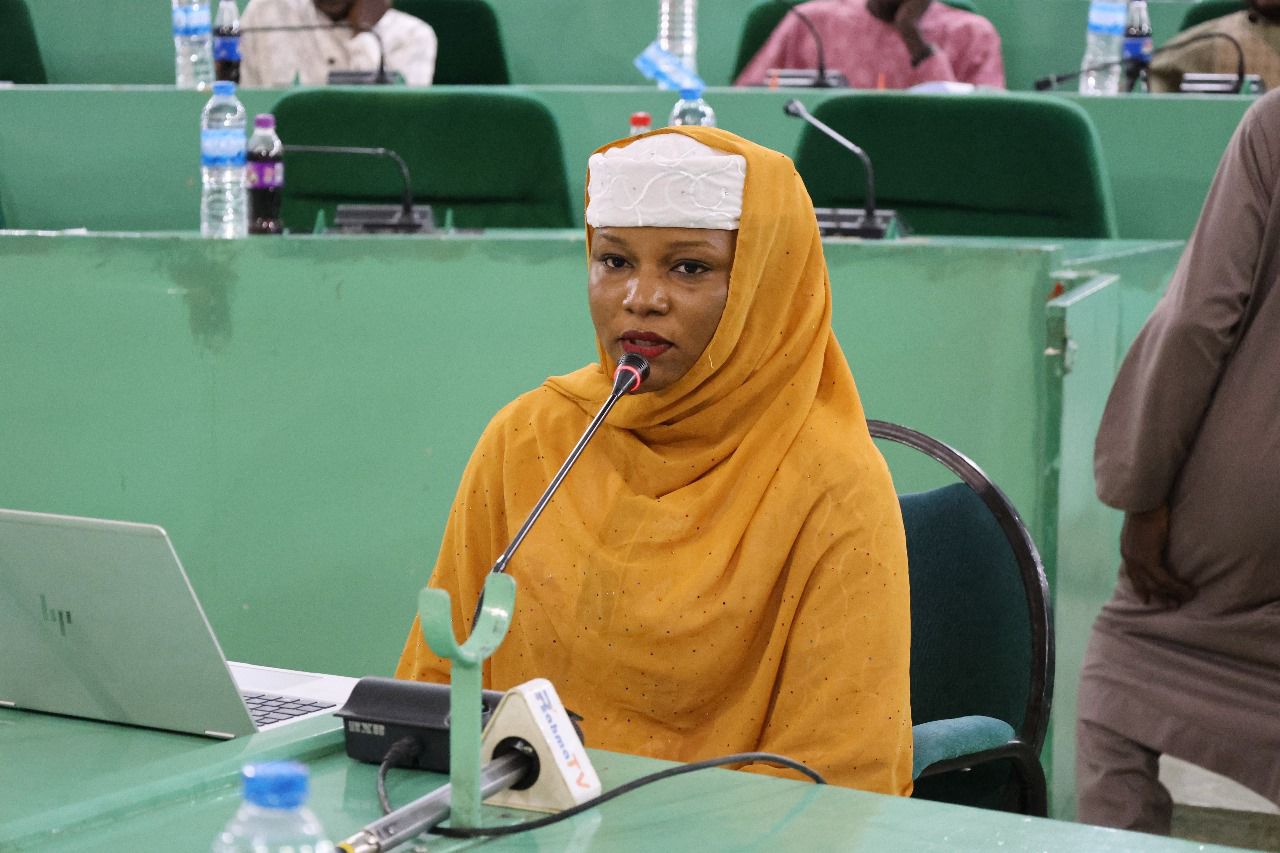By Zainab Nasir Ahmad
As Nigeria prepares to celebrate Children’s Day on May 27th, a time dedicated to honoring the rights, potential, and dreams of children, the spotlight must fall on a critical issue in Kano State: the non-implementation of the Kano Child Protection Law, passed in 2023 under the past administration. While the passage of this law marked a historic milestone for child rights advocacy in the state, its failure to be properly implemented threatens to undermine the very purpose for which it was enacted.
With millions of children in Kano facing persistent risks including abuse, neglect, forced labor, and lack of access to education and healthcare, the urgency for action cannot be overstated. The state cannot afford to celebrate Children’s Day in symbolism while its most significant legal framework for protecting children remains dormant.
The Kano Child Protection Law: A Milestone Awaiting Action
In 2023, the child protection law was passed. The law aligns with global and national standards—particularly the United Nations Convention on the Rights of the Child and the African Charter on the Rights and Welfare of the Child. It addresses critical issues such as:
Prevention of child abuse, neglect, and exploitation
Prohibition of forced labor
Regulation and reform of the Almajiri system
Right to education, healthcare, and protection from harmful practices
Clear legal mechanisms for child justice and rehabilitation
This legal framework was celebrated by stakeholders, civil society, and international partners as a long-overdue move toward ensuring the welfare of children in Northern Nigeria’s most populous state. However, more than a year later, implementation remains sluggish, and the law exists largely on paper.
Why Implementation Must Be Prioritized
1. The Law is Only as Good as Its Enforcement
Passing a law is only the beginning. Without enforcement mechanisms, awareness, institutional support, and political will, the law cannot protect the children it was designed for. Delays in implementation mean that violations continue unchecked and perpetrators act with impunity.
2. Children in Kano Face Alarming Realities
Kano has one of the highest populations of out-of-school children in Nigeria. The streets are filled with Almajiri children vulnerable to hunger, abuse, and recruitment into criminal networks. Reports of sexual and physical violence against minors continue to surface, often with little recourse for victims. Early marriages still cut short the education and health of thousands of girls annually. These issues are not hypothetical—they are lived realities for countless children across the state.
3. Children’s Day Should Be About Real Progress
Children’s Day should be more than parades, speeches, and symbolic gestures. It should reflect meaningful action toward securing the rights and welfare of children. Proper implementation of the Child Protection Law would be the most fitting tribute to the spirit of May 27th—a demonstration that Kano is ready to protect its future.
4. The Law Provides a Pathway to Reform Harmful Practices
The Almajiri system, child street hawking, and early marriage are deeply embedded in cultural and socio-economic structures. However, the Child Protection Law offers a legal framework to reform these practices while respecting cultural contexts. Implementation would allow for regulation, provision of social services, and alternative educational opportunities.
5. To Prevent a Lost Generation
When laws are not implemented, children fall through the cracks. Without intervention, they are more likely to be exploited, abused, or recruited into crime and extremism. Proper implementation can help break the cycle of poverty and violence, promoting healthier, more productive citizens.
Barriers to Implementation—and How to Overcome Them
a. Lack of Awareness
Many community members, even in positions of authority, are unaware of the provisions of the law. Massive sensitization and public education campaigns are required, particularly in local languages, targeting parents, religious leaders, traditional rulers, and educators.
b. Weak Institutional Capacity
Implementation requires well-funded and trained agencies such as child welfare units, family courts, and social services. The state government must allocate budgetary support and build capacity among law enforcement and judiciary staff.
c. Absence of Monitoring and Accountability Mechanisms
An implementation taskforce, including representatives from government, civil society, and international partners, must be established to monitor progress and ensure accountability.
Recommendations:
A Roadmap to Implementation
Immediate Activation of Child Protection Institutions: Establish and empower child protection committees and family courts across local governments.
Budgetary Allocation: Allocate sufficient funds in the state budget specifically for the implementation of the Child Protection Law.
Mass Public Awareness Campaigns: Leverage media, religious platforms, and schools to disseminate the law’s provisions and promote child rights.
Capacity Building: Train police, social workers, health professionals, and educators on the law and child safeguarding procedures.
Engage Civil Society and Donor Agencies: Partner with NGOs and international bodies to support programs targeting vulnerable children.
Annual Statewide Review on Children’s Day: Make May 27 a day not just of celebration, but of accountability—where government reports progress made on child rights implementation.
Conclusion: A Promise Must Not Be Broken
The passage of the Kano Child Protection Law in 2023 was a promise to the children of Kano—a promise of safety, dignity, and a brighter future. As we approach Children’s Day 2025, it is time to fulfill that promise. Celebrating children without protecting them is not the right thing to do. Real celebration lies in action, reform, and commitment.
The children of Kano deserve more than words—they deserve the full implementation of the law that was written in their name.
Zainab Nasir Ahmad is the Executive Director of YOSPIS, she writes from Kano


